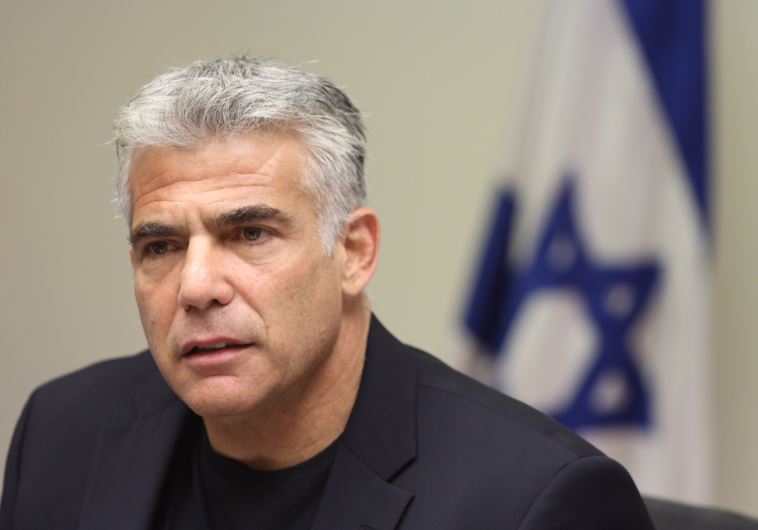Lapid: Advocating for separation of Jewish and Arab mothers similar to Germany in 1930s
MKs slam Bayit Yehudi MK's Smotrich's comments; Shai calls for comptroller investigation of illegal separation of Jewish and Arab mothers.
 (photo credit: MARC ISRAEL SELLEM/THE JERUSALEM POST)Updated:
(photo credit: MARC ISRAEL SELLEM/THE JERUSALEM POST)Updated: